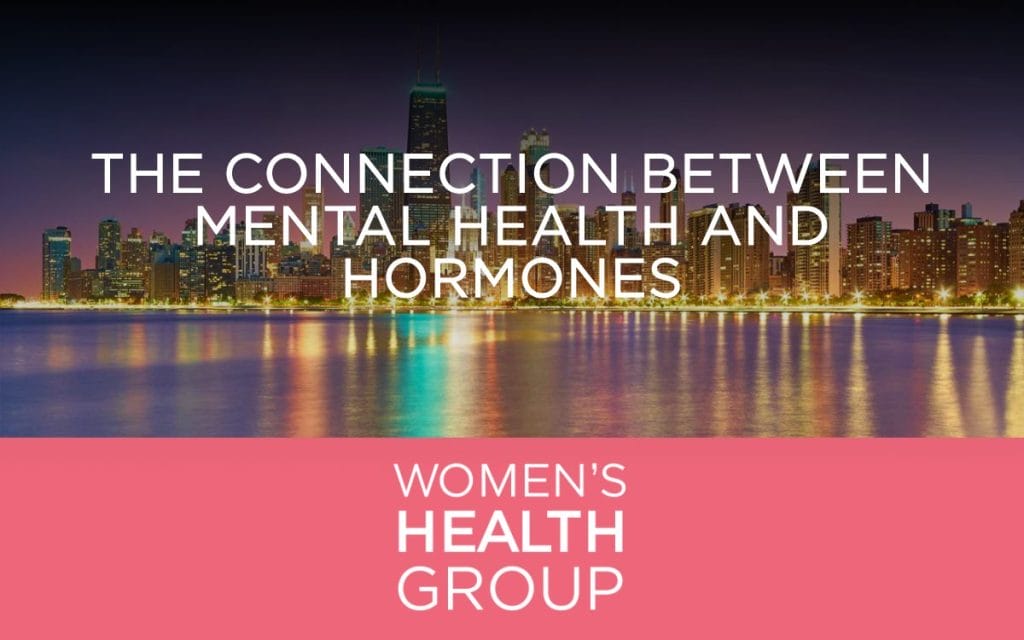Understanding the Link Between Hormones and Mental Health
In our journey to prioritizing mental wellness, it’s crucial to understand the profound connection between mental health and hormones. As we delve deeply into the matrices of mental wellness, we often find hormones at the heart of the matter. As professionals in women’s health, this intersection of hormonal health and mental well-being is a prime focus in our practice at the Women’s Health Group in Chicago, Illinois.
To better understand this important relationship, let’s begin by defining what hormones are. Hormones are chemical messengers, produced by our endocrine glands, that regulate almost every function in our body – from mood and stress levels to metabolism, sexual function and more.
The Significant Role of Hormones in Mental Wellness
These incredible chemicals manage our emotional gauges, influence our mood, and even mediate our reactions to stress. They can greatly affect energy levels, sleep patterns, cognitive functioning, and glaringly, our mental health.
Key hormones that influence mental wellness include:
- Estrogen: This fundamental female hormone does not only govern reproductive health but is also influential in managing mood. Low estrogen levels have been linked to depression and anxiety.
- Progesterone: Another hormone pivotal in women’s health, it helps regulate the menstrual cycle and sustain pregnancy. Poor progesterone levels may lead to symptoms such as mood swings, anxiety, and depression.
- Cortisol: Often referred to as the stress hormone, it plays a critical role in our fight or flight response. Chronic high levels of cortisol can negatively impact mental wellness.
- Thyroid hormones: These hormones are crucial for regulating metabolism, mood, and energy levels. Thyroid disorders often lead to mental health issues like depression and anxiety.
To find comprehensive information on how these hormones work, you can visit Mayo Clinic providing credible, in-depth knowledge regarding the same.
The Impact of Hormonal Imbalance on Mental Health
Hormonal imbalances, hence, can manifest as a range of mental health symptoms. These might include unexplained mood swings, chronic fatigue, anxiety, bouts of unexplainable sadness, or even depression.
Here’s why:
- Menstrual Cycle: Hormonal fluctuations during the menstrual cycle can lead to severe mood swings, irritability, and in more severe cases, pre-menstrual dysphoric disorder (PMDD).
- Pregnancy and Postpartum: Huge hormonal changes during pregnancy and after childbirth can trigger depression in many women.
- Menopause: Menopause can be a challenging time for women’s mental health due to significant drops in estrogen levels. Anxiety and depression are common during this phase.
Addressing Hormonal Imbalance for Improved Mental Wellness
Understanding the connection between hormones and mental health enables better approaches in managing mental wellness.
Here are a few suggested strategies:
- Hormonal Therapy: Hormone replacement therapy or other hormonal treatments can be used in some cases, under the direction and supervision of a healthcare professional.
- Lifestyle Changes: Healthy eating, regular physical exercise, and quality sleep significantly contribute to hormonal balance.
- Stress Management: Techniques like mindfulness, yoga, and meditation can help lower cortisol levels, hence helping to balance hormones.
You can learn more about managing hormones for better mental wellness at the Women’s Health website.
Moving Towards Better Mental Wellness
To sum up, hormonal health plays a critical role in our mental wellness. By understanding the role of hormones in emotions and mental health, we can employ targeted therapies and make lifestyle changes that not only rectify hormonal imbalances but also improve overall mental well-being.
As advocates for women’s health, we at the Women’s Health Group in Chicago comprehend the significance of hormonal health in mental wellness. By empowering women with this knowledge, we pave the road to holistic health and wellness. Remember, mental wellness is a journey, not a destination. Understanding your body, including your hormones, is the first step toward this journey. Keep exploring, keep learning, and stay well.




